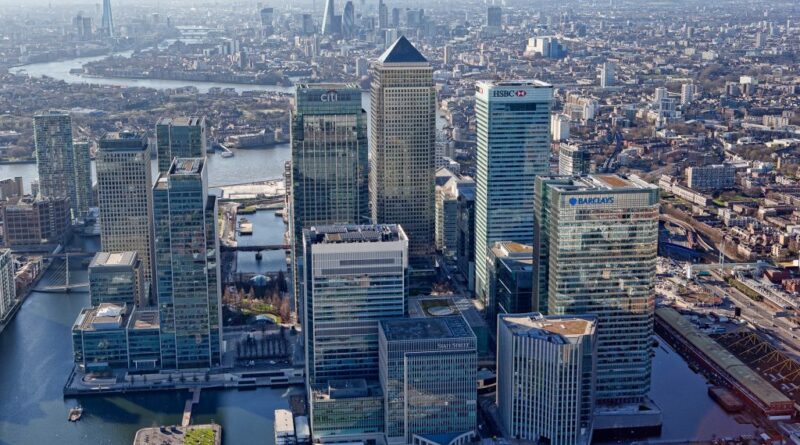UK: Brookfield has paid £264 million for a seven per cent stake in British Land, making it the biggest single shareholder.
According to Bisnow, many of the UK’s biggest REITs have being trading at big discounts to their net asset value for more than a year, hit first by uncertainty over Brexit and then the impact of the coronavirus pandemic.
The move represents Brookfield’s first significant investment in a listed UK real estate company since it bought into Canary Wharf Group in the early 2000s.
Brookfield made the investment through a subsidiary of Brookfield Strategic Real Estate Partners III, its third global opportunity fund, which raised US$15 billion of equity in January 2019.
British Land’s shares rose 2.5 per cnet to 407p when trading opened on Friday, a discount to its net asset value of 47 per cent. Its shares have fallen 36 per cent since the beginning of the year, hit by the impact of the coronavirus pandemic, particularly on its retail portfolio.
BisNow’s Mike Phillips said: “It is not clear whether Brookfield has bought the stake because it feels the shares are underpriced and it can make money if they go up again, or if this is the precursor to a potential takeover, as was the case when it bought into Canary Wharf. After a battle of more than 10 years it eventually took Canary Wharf private in 2015 in a £2.6 billion deal where it partnered with the Qatar Investment Authority. Ironically, during a 2004 duel for the company, British Land and Brookfield were on opposing sides. Any combination of British Land and Brookfield would create by far and away the largest owner of London property. Canary Wharf has an office and retail portfolio valued at £6.2 billion and a development pipeline valued at £4B. The London office portfolio of Brookfield Property Partners is valued at well over £3 billion. Of appeal to Brookfield would be British Land’s Canada Wharf mixed-use development scheme, with a potential end value of more than £3 billion.”
In February 2018, Brookfield bought serviced apartment operator SACO, now rebranded edyn, for £430 million.


